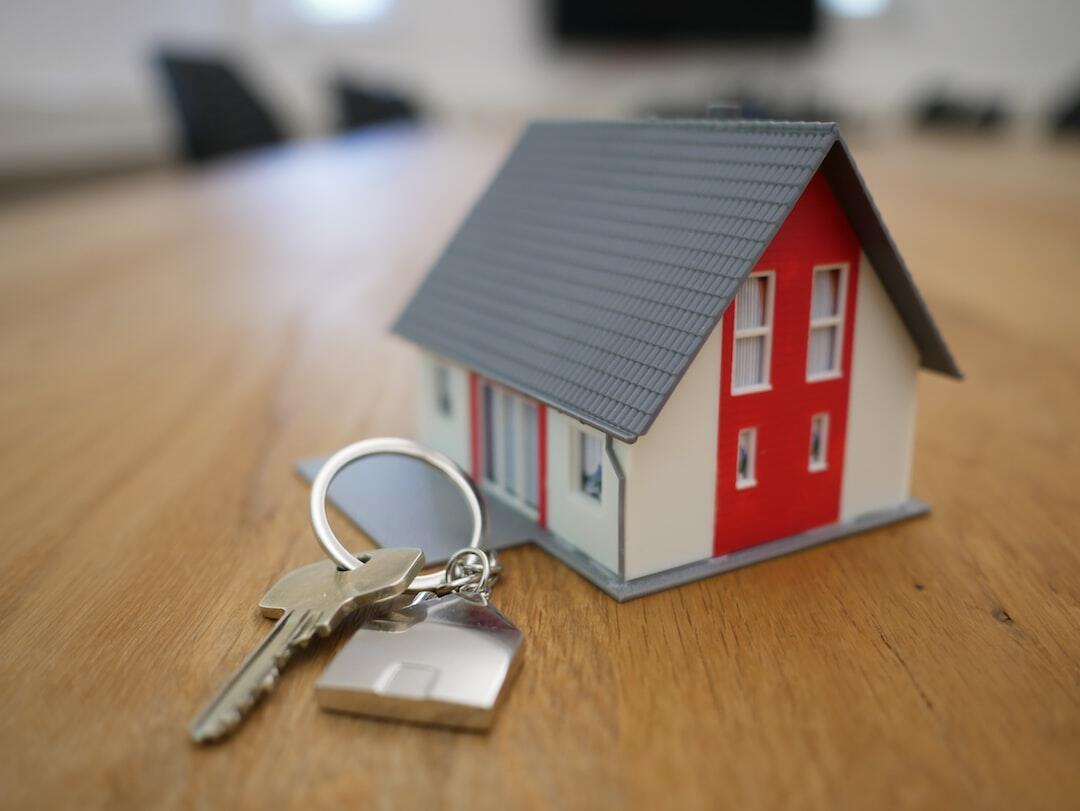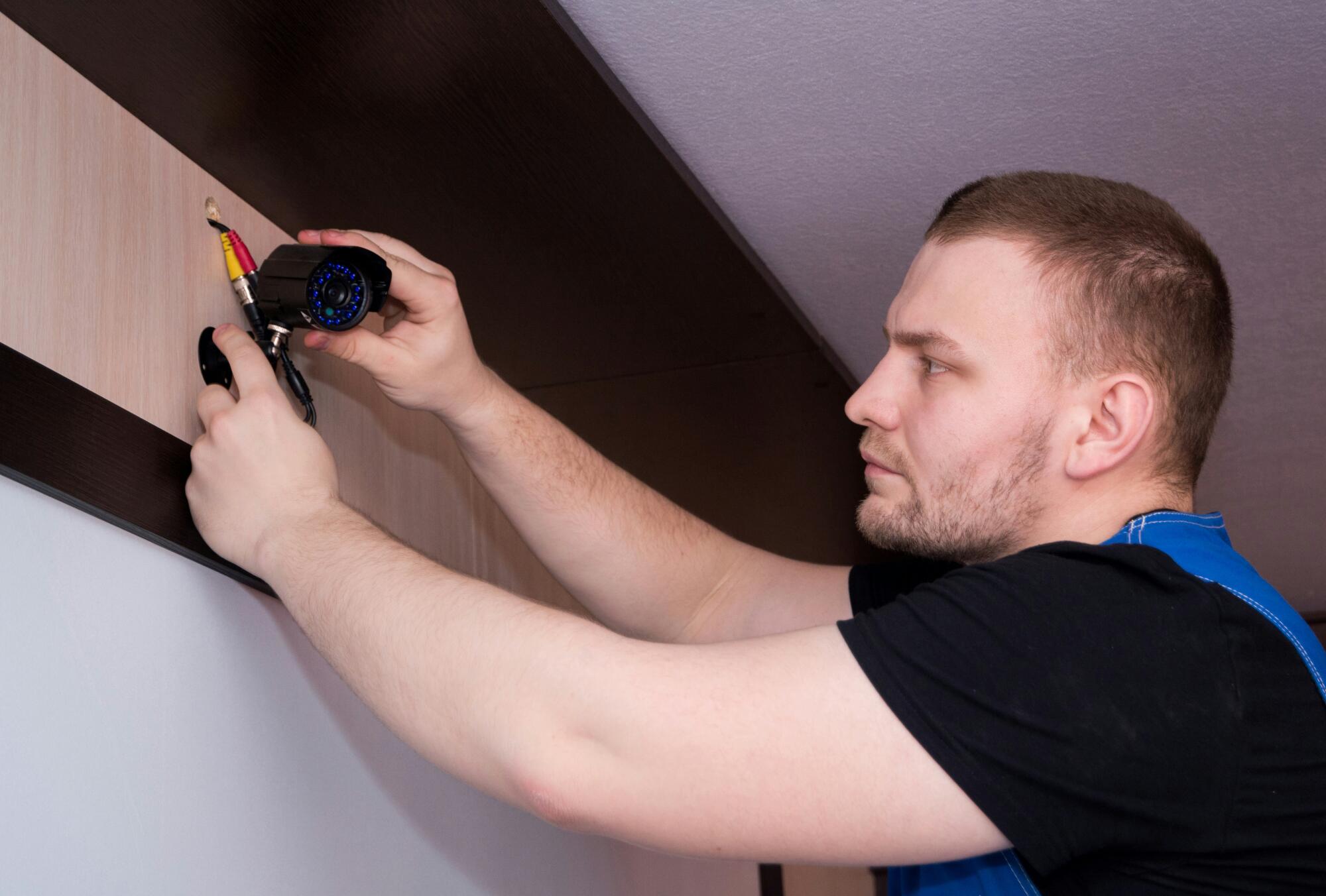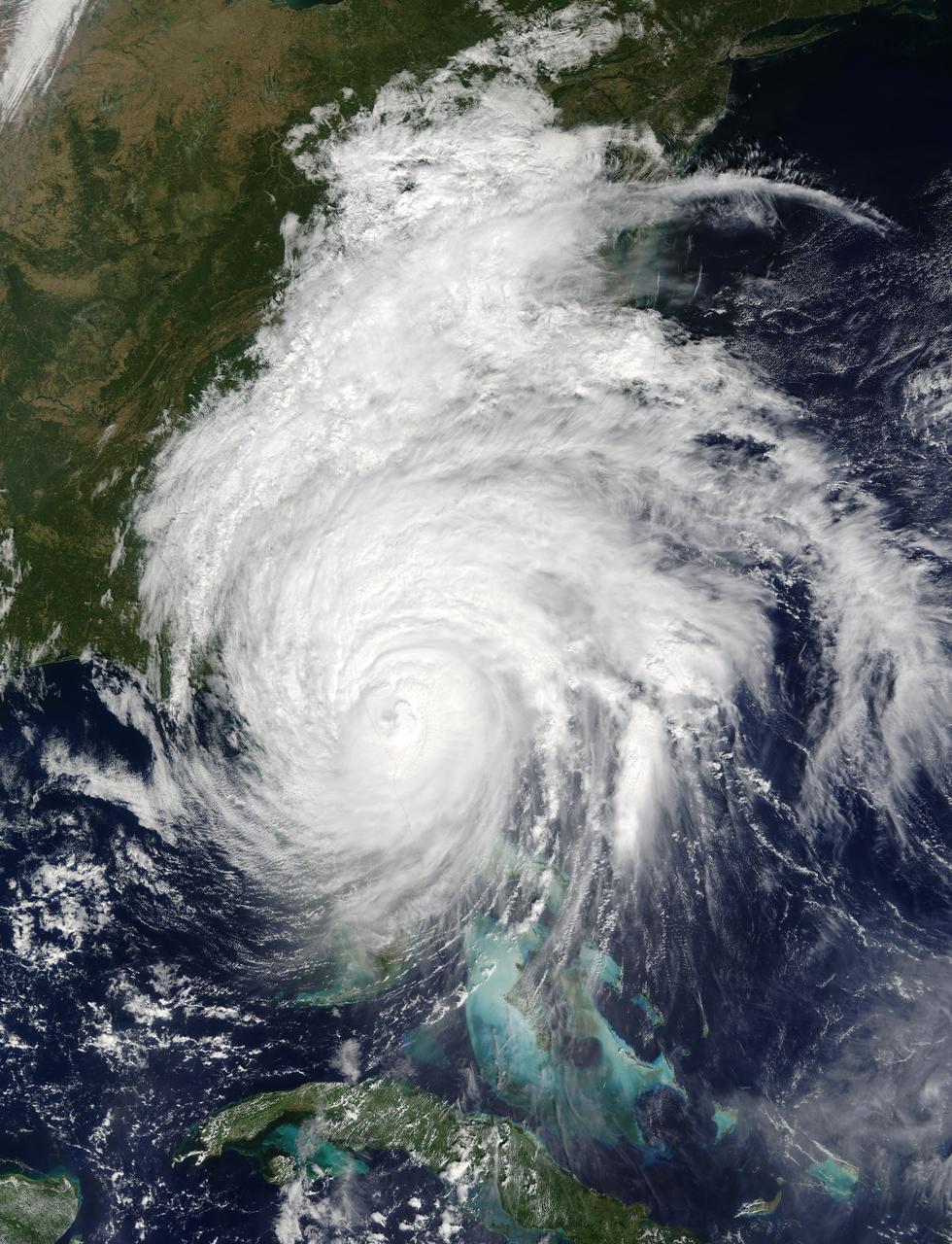A property condition assessment (PCA) is a detailed evaluation of a property’s structural, mechanical, and safety systems. This report can give clear insights into current deficiencies, future repair needs, and probable costs.
According to Bankrate, home maintenance currently averages more than $8,800 a year. Of course, the actual amount will vary between each property owner, as it’ll heavily depend on the property’s condition. To have more certainty, many turn to property condition assessments.
Don’t know what these are? Then read on. This article will go over what these property inspection services offer and what you can expect from one in Orlando, FL.
What Is the Purpose of the Condition Assessment?
A property condition assessment is an evaluation of a property’s physical condition. This allows stakeholders (e.g., buyers, investors, lenders, property managers) to get a clear picture of:
- Existing defects
- Safety issues
- Maintenance needs
- Lifecycle of building components
- Probable future repair/replacement costs
This construction quality evaluation is very helpful for stakeholders, as they can uncover risks that clients may not be aware of. This results in more informed decisions, and the report can help them plan for upkeep or improvements, as well as avoid financial or logistical surprises.
The key purposes of the condition assessment are:
- Due diligence
- Budgeting and capital planning
- Assessing risk and liability
- Negotiation/leverage
- Property maintenance and value preservation
Residential Condition Assessment
A residential condition assessment can be quite helpful when clients are searching for the perfect property. We at CFBI can perform these evaluations on any residential property, whether it’s a large multifamily unit or a single-family house.
What’s Inspected
First up are the structural systems:
- Foundation
- Framing
- Walls
- Roof structure
- Attic
We also inspect the roofing and exterior:
- Roof covering
- Gutters
- Siding
- Paint
- Windows
- Doors
- Exterior walls
As for the interior systems, these are checked:
- Plumbing
- Electrical
- HVAC
- Water heaters
The following interior finishes and components are inspected:
- Floors
- Walls
- Ceilings
- Stairs
- Insulation
- Kitchens and bathrooms
- Doors and windows
Lastly, we’ll inspect safety and code-related items:
- Smoke detectors
- Carbon monoxide detectors
- Egress
- Code compliance for things like wind mitigation
What the Building Condition Report Usually Includes
We give our clients a detailed report that includes:
- Digital photos, sometimes videos
- Narrative of the condition of major systems/components
- Recommendations for maintenance, immediate repairs, and longer-term capital needs
- Estimated costs for repairs
- Time estimates
Commercial Condition Assessment
Our commercial property assessment is similar to our residential one, but it’s more extensive. In addition, it’s tied more heavily to national/international standards. The inspection includes:
- General exterior and site
- Structural and envelope
- Mechanical, electrical, plumbing (MEP)
- Life safety, code, regulatory compliance
- Interior finishes and spaces
- Accessibility and regulatory
You should expect the report to be fairly similar to the residential one. However, it’ll also include compliance issues regarding whether the property meets local building code, safety, ADA requirements, etc.
What Is the Property Condition Assessment Checklist?
You may be interested in the PCA checklist since you want to know how to prepare your property for the inspection. Here’s a sample you can use:
- Roofing condition
- Foundation/structural stability
- Exterior walls, windows, doors
- Drainage, site grading, gutters, downspouts
- Parking, driveways, sidewalks
- Mechanical systems (e.g., HVAC units, ductwork, cooling tower)
- Plumbing systems (e.g., supply, waste, fixtures, pipes, water heaters)
- Electrical systems (e.g., service, panels, wiring, safety devices, lighting)
- Interior finishes
- Restrooms, kitchens, breakrooms
- Fire safety
- Accessibility and ADA compliance
- Life safety, emergency lighting, exit signage
- Insulation, attic/roof deck, ventilation
- Maintenance records, warranties, and documentation of prior repairs
- Estimate of remaining life for major systems
- Opinions of probable costs for repair and replacement
Frequently Asked Questions (FAQs)
What’s the difference between PCA and FCA?
“FCA” stands for “facility condition assessment,” and this is an evaluation that’s very similar to a PCA. However, the main differences are scope and purpose.
Generally speaking, a PCA is associated with due diligence, so its focus is on the physical condition of a property. An FCA has more of a facilities-management take that’s focused on longer-term planning.
Basically, PCAs are more transactional and real estate-focused, while FCAs are more operational and management-focused.
What’s the main difference between FCA and PRA?
“PRA” stands for “physical risk assessment” or “property risk assessment,” depending on usage. A PRA will usually focus on risks associated with certain hazards, like:
- Structure failure
- Environmental risk
- Code risk
- Earthquake
- Flood
So a PRA is more about identifying and quantifying risks. An FCA is more about the whole facility condition, which makes it broader in focus.
How long does a PCA take, and when will I get the report?
It depends on the property size and complexity. However, with CFBI, our typical report turnaround is 5-10 business days after inspection. The on-site inspection itself can take one or several days.
Who usually orders or needs a PCA?
These people typically request PCAs:
- Buyers
- Lenders
- Investors
- Property managers
- Property owners
Does CFBI include cost estimates in the PCA report?
Yes, we include cost estimates in our PCA report. We’ll give our expert opinion of probable costs for the repair or replacement of systems.
What standards are used or followed for PCAs with CFBI?
Our PCAs are done based on the ASTM E2018 standard. This is a rigorous standard that’s used internationally, which should give you peace of mind.
Request a Property Condition Assessment
As you can see, a property condition assessment can offer you detailed insight into your home or business. While you may be able to see its condition with your own eyes, our report can delve deeper and give you a more accurate representation of what’s going on with your property.
As a result, you’ll be more aware of risks, and you won’t feel surprised and overwhelmed when something unexpected happens. In fact, the information in the report can help you plan for future repairs and replacements, and this can be a tremendous financial relief.
Get in touch with us now if you’d like to schedule a property condition assessment. Central Florida Building Inspectors has several packages available that not only address specific needs, but also help our clients save money. We’re backed by over 37 years of experience and are certified inspection experts.










